
#1 in my ranking of Tony Scott’s filmography.
My wife and I have a running joke about this movie. We saw it when we were dating, and she came out of the theater playfully angry because the film’s title was a misnomer. “Ah,” I retorted after she had explained herself, “It’s not the train that the title refers to, but to the friendship between the two leads. That was what was unstoppable.” We replay the joke about once a year. It tickles me.
Anyway, pointless personal anecdote aside, revisiting Tony Scott’s final film more than a decade after that dollar theater screening, I was surprised to discover Scott’s purest film. The film that feels the most his with the fewest amount of competing interests and influences. I was also surprised to find, easily, my favorite Tony Scott film in the process. This is effectively B-movie stuff, the kinds of films that Roger Corman was producing under American International Pictures: gaining access to a thing that provided production value, and then building a script around it. This time, it’s a speeding train, but it cost about a hundred million dollars and starred real movie stars. I think Tony Scott would have thrived under Corman.

So, through a series of bumbling accidents by Dewey (Ethan Suplee), a hostler at a railyard in rural Pennsylvania, a train with a few dozen cars, including a few with dangerous chemicals aboard, starts speeding down the main track towards Scranton, building speed until its moving at 70 miles per hour. This is a disaster waiting to happen. At the same time, rookie Will Colson (Chris Pine) is working for the first time with veteran Frank Barnes (Denzel Washington) on their own little assignment further down the line. What’s interesting about the script to me is that Will and Frank don’t get involved in the impending disaster until the halfway point of the film. Until then, the film is split in two with the unfolding situation that’s spiraling out of control played against the quieter, character-driven moments of Frank knowing more about railroading than Will while harboring secret animosity because of Will’s place as, effectively, his replacement.
Now, this isn’t a Bergman film when it comes to its character work. What this film actually is plays much more broadly with both men having their own little pasts that define them as individuals. Will is having trouble with his wife Darcy (Jessy Schram) over imagined infidelities. Frank forgot one of his two daughter’s birthdays. It’s not deep, but it does the job of humanizing and individualizing these two characters beyond “old man near retirement” and “rookie learning the ropes.” It’s also where the Tony Scott’s ability with actors gets to shine the most through with both Washington and Pine playing well off of each other, Washington mostly playing off his charm while Pine does his own to try and make a career that’s not just Captain Kirk.

So, the action element, since this is a Tony Scott film, is kind of the perfect balance between the ridiculous, over-the-top destruction that was his wont with the need to actually build tension over the course of a film. A lot of the credit for that has to go to the writer, Mark Bomback, who structures the film really well to accomplish the kind of B-movie charms with an A-list cast that Tony Scott obviously had yearned for ever since he’d first met Don Simpson in the early 80s. It’s about efforts to try and stop the train, overseen by the Fuller Yard yardmaster Connie (Rosario Dawson) while she butts heads with the company VP Oscar (Kevin Dunn) on a series of conference calls. Each effort fails, leading to a close call with Frank and Will, when they decide that they’re going to play by their own rules and take down that train on their own.

And that’s all built on the brewing relationship between Will and Frank as they irritate each other and even grow to like each other. This is not deep stuff, but it’s the kind of easy entertainment that was always in Tony Scott’s blood.
And I loved it.
This is the first Tony Scott film I feel almost no resistance towards (the frightened wife and daughters back home and at…Hooters is a trope that could have been excised, but they don’t take up much time in this fairly tight 95-minute long film). I didn’t remember much about the film from my first viewing over a decade ago, so I was waiting for the third act stumbles that I had noted time and time again with Tony Scott films that I had started appreciating so well. However, they never manifested. It was just simple, B-movie storytelling told cleanly. And it works really well.

Props also need to be given to Scott for the filmmaking around the action scenes. It may seem redundant by this point, but Scott’s style had degraded horribly through the 00s, especially with Domino, so seeing him cleanly film sustained action while finding new ways to keep things visually interesting was honestly refreshing. When the duo try to hook up to the speeding train the size of the Chrysler Building and it causes the rear car to break open slightly, sending grain in the air, it’s just one of those things you do as a filmmaker to make another moment of peril just look different while providing another source of potential tension (we lose sight of Will because of the stuff for a moment).
So, I genuinely and greatly enjoyed this film. I think it was Tony Scott’s best film. It’s probably his least ambitious narratively, but that ends up being a positive attribute because he sticks the landing so well. I have no real complaints.
Originally published here


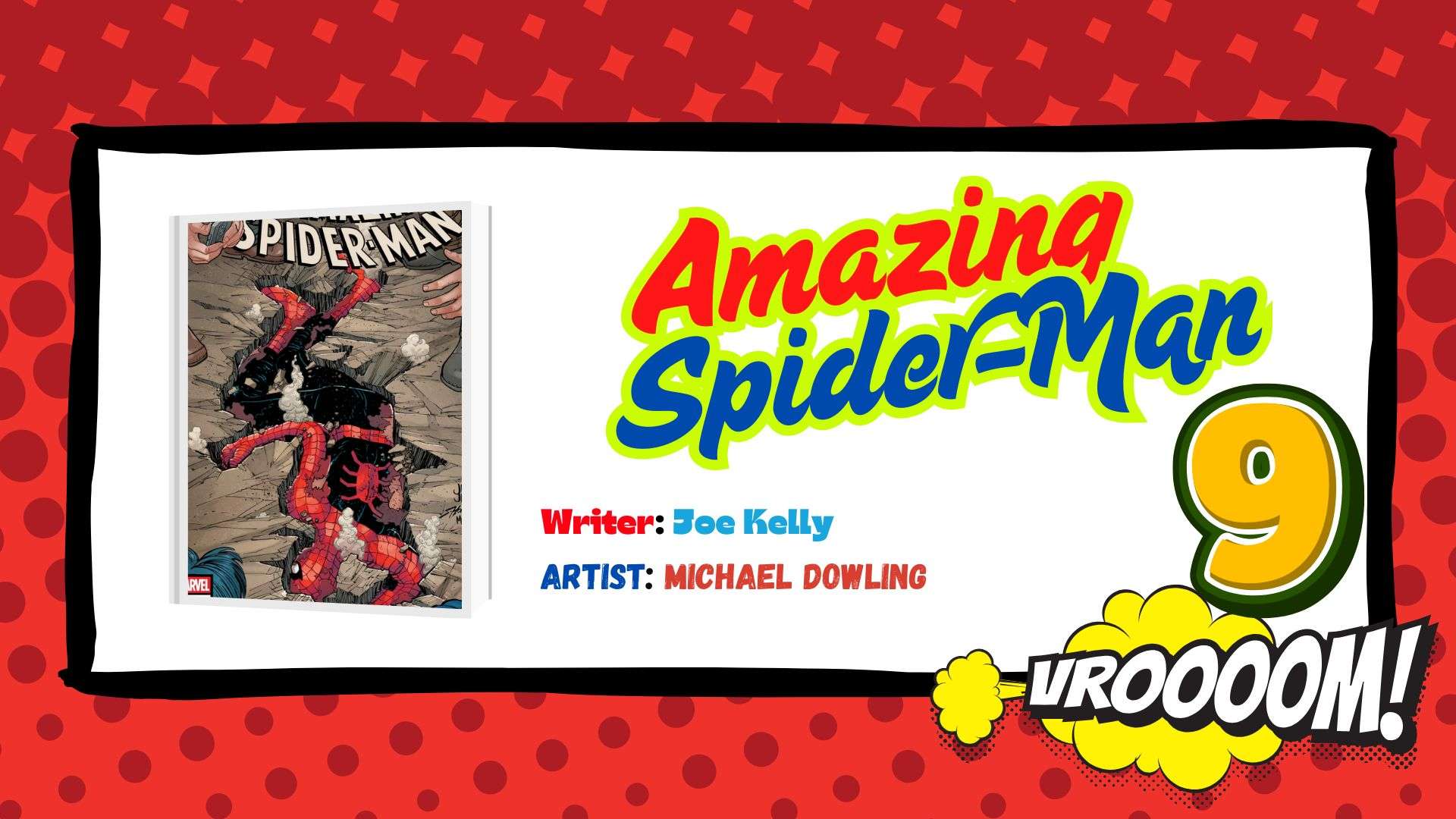



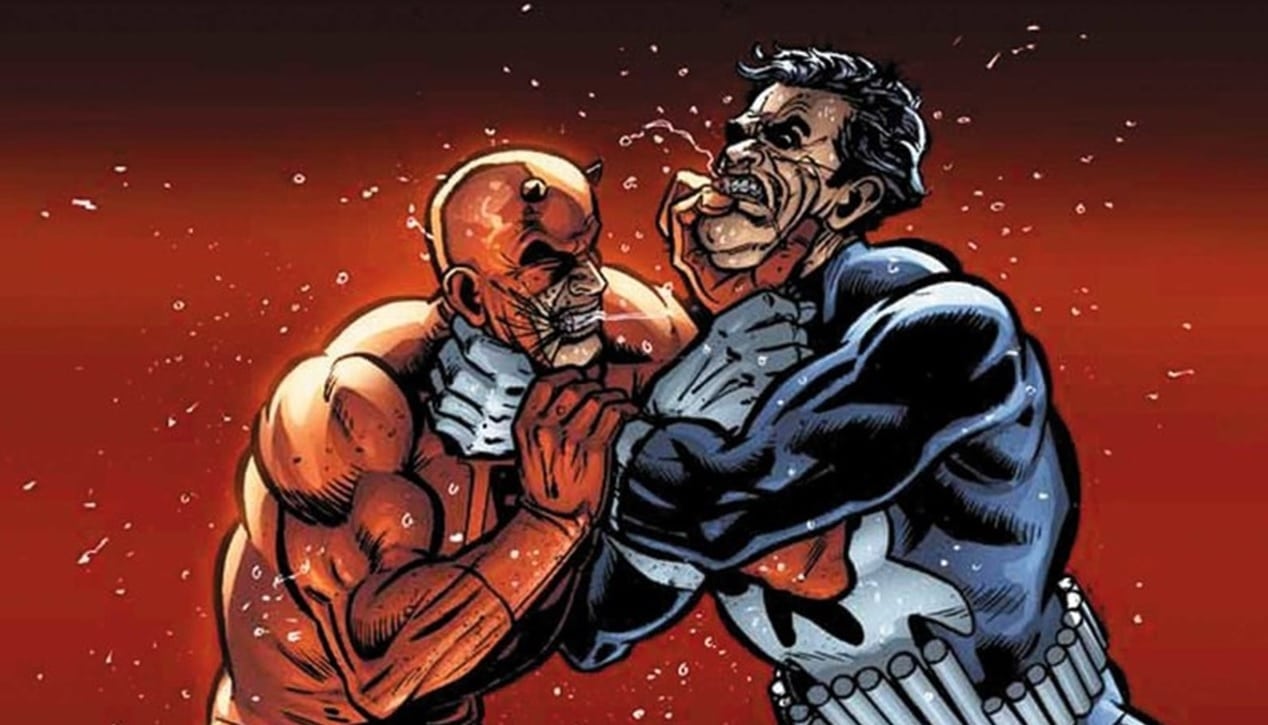


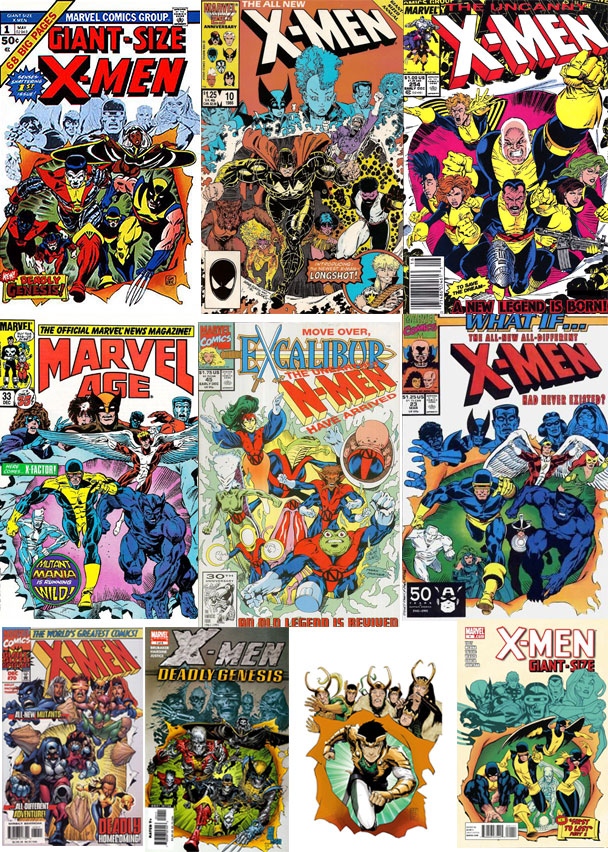



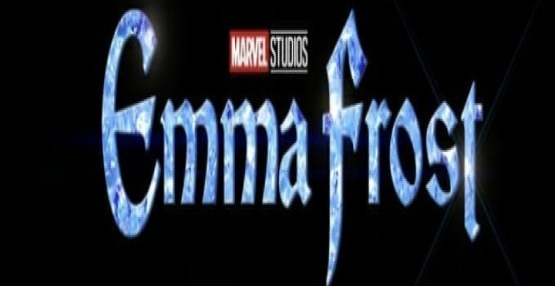


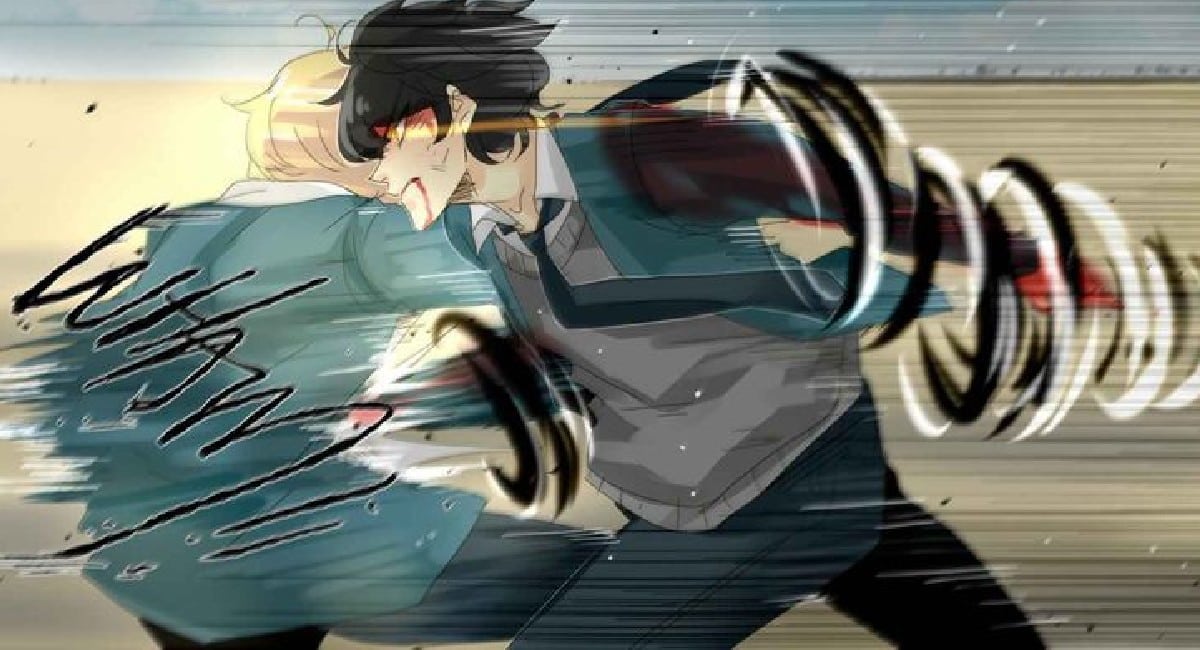


 English (US) ·
English (US) ·